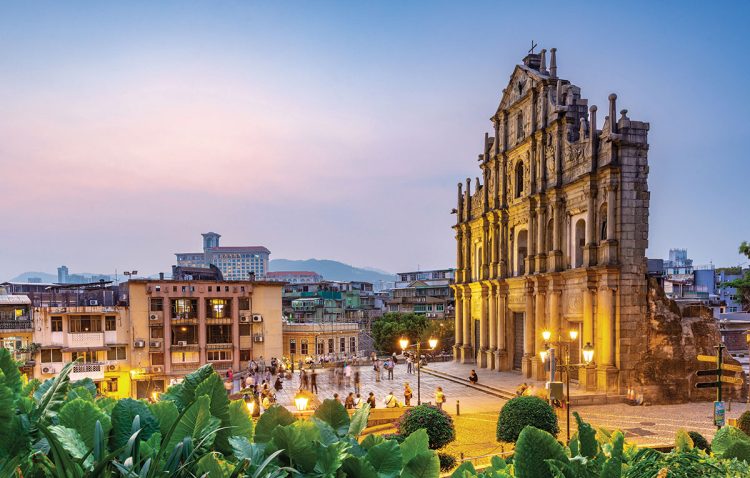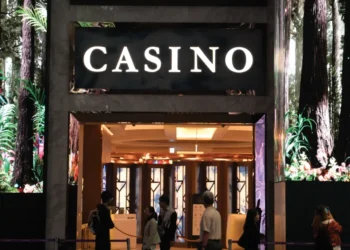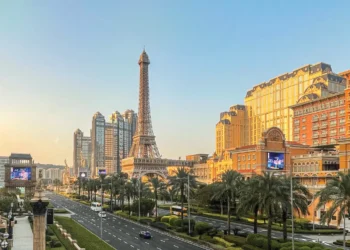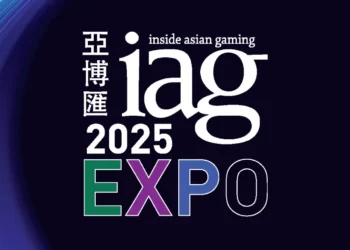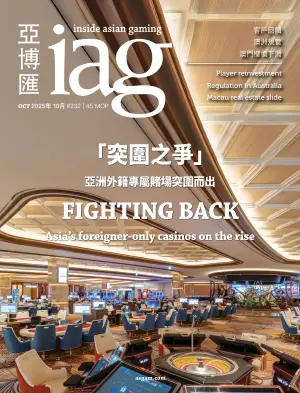Macau has long been seen as a city paved with gold – home to the biggest casino market in the world with gaming revenues at one time seven times higher than Las Vegas. But while Vegas has roared back to life, Macau is stuck in a rut with concerns over when it will emerge from the COVID-19 pandemic and how changes to the gaming law might reshape its future. That has left investors feeling more than a little uneasy, as reflected in the current stock prices. So is Macau still investible? IAG takes a closer look.
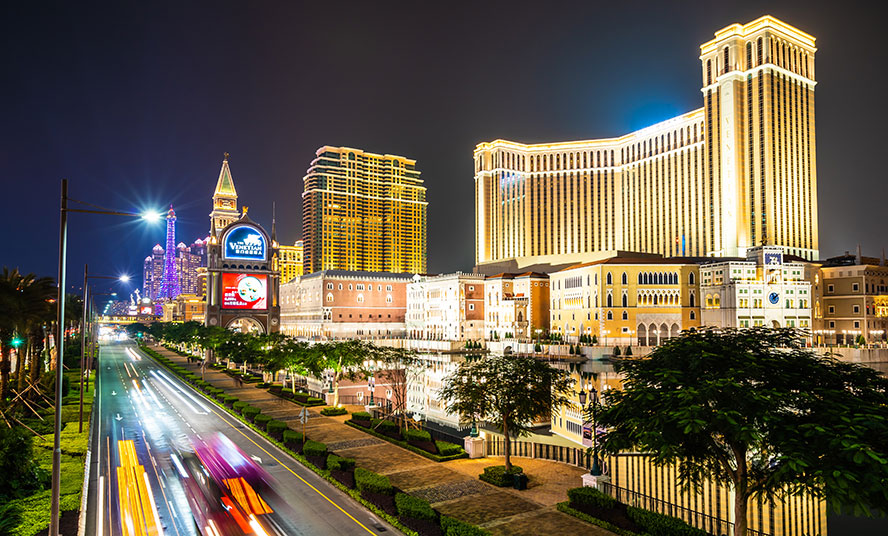 Macau gaming stocks have endured a rollercoaster ride ever since the COVID-19 pandemic began wreaking havoc on the global leisure and tourism industry in early 2020.
Macau gaming stocks have endured a rollercoaster ride ever since the COVID-19 pandemic began wreaking havoc on the global leisure and tourism industry in early 2020.
Since the first week of trading that year, the Hong Kong listed entities of Macau’s six concessionaires have seen their share price fall by between 20% (Galaxy Entertainment Group) and 70% (Wynn Macau Ltd) as of late March 2022.
Yet it hasn’t all been about COVID. As reported by Inside Asian Gaming at the time, those same stocks lost 26% of their market capitalization – worth HK$143 billion (US$18.4 billion) – in a single 24-hour period on 15 September following publication by the Macau government of its gaming law public consultation discussion document, which contained a raft of suggested changes to the law which regulates casino gaming in Macau. More recently, on 7 March 2022, the combined market cap of the same six companies fell by 6.3% or HK$27.1 billion (US$3.47 billion) just days after the government extended the current licenses of the concessionaires by six months from 26 June until 31 December 2022, effectively delaying the re-tendering process for new gaming concessions.
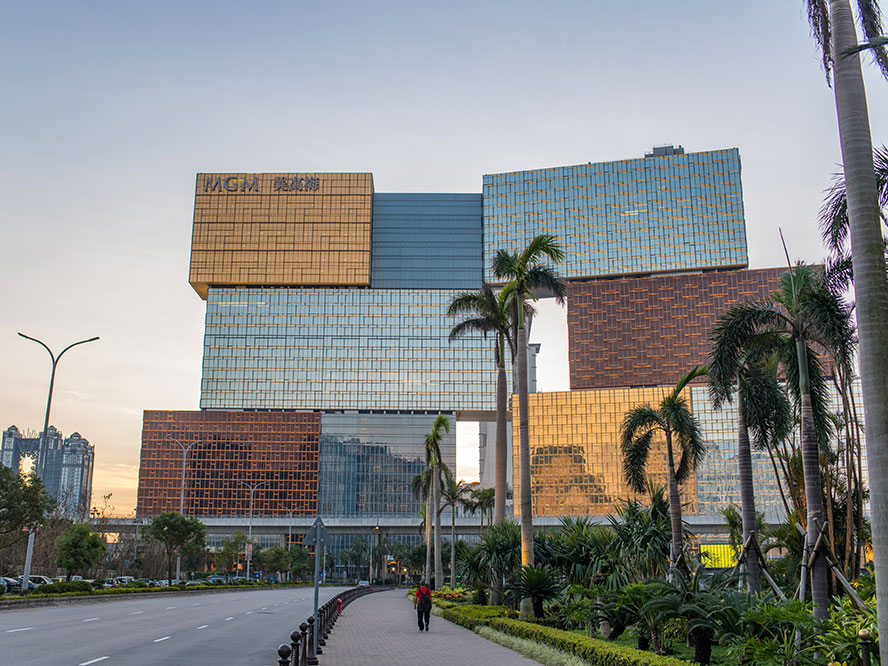 Clearly, many of the actions being undertaken by the Macau SAR Government right now have investors spooked. But are those fears justified or is Macau poised to resume its mantle as the undisputed king of the casino world?
Clearly, many of the actions being undertaken by the Macau SAR Government right now have investors spooked. But are those fears justified or is Macau poised to resume its mantle as the undisputed king of the casino world?
Let’s start with the good news.
Gaming analysts have, for the most part, remained bullish on Macau’s long-term prospects even while mainland China – and therefore Macau as well – continues to pursue a zero-COVID policy that has kept the borders shut tight.
Vitaly Umansky, Managing Director & Senior Analyst – Global Gaming for asset management firm Bernstein, writes in recent notes that, “While the timing of full travel resumption into Macau from Hong Kong and mainland China remains unclear, we see several steps to reopening travel occurring during the spring and summer of 2022 which will drive solid mass recovery in 2H22.”
 Although that reopening date may be further delayed given the recent outbreaks in Hong Kong and on the mainland, Umansky’s “long-term thesis on Macau remains firmly in place – China wants an economically viable and politically healthy Macau and the gaming industry plays a critical role in allowing that to continue.
Although that reopening date may be further delayed given the recent outbreaks in Hong Kong and on the mainland, Umansky’s “long-term thesis on Macau remains firmly in place – China wants an economically viable and politically healthy Macau and the gaming industry plays a critical role in allowing that to continue.
“A key party of the Greater Bay Area development, a ‘World Centre of Tourism and Leisure’ under the central government’s 15-year master plan and a successful example of the ‘One Country, Two Systems’ policy, Macau will continue to benefit from China growth while maintaining the gaming industry as a core element of its success.”
There are also intimations from the Macau government that areas of initial investor concern regarding the SAR’s revised gaming law will not be anywhere near as troublesome as they once seemed.
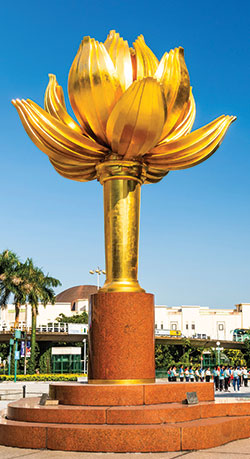 Top of those concerns was a proposal to have a government representative or delegate attached to each concessionaire, charged with supervising the concessionaires’ compliance with its legal and contractual obligations and protecting public interest within the activities pursued by the concessionaire. It was feared this might portend direct interference in the business operations of concessionaires, but following extensive feedback during the government’s public consultation period late last year, the proposal had disappeared completely by the time the draft bill reached the Legislative Assembly (AL) in January.
Top of those concerns was a proposal to have a government representative or delegate attached to each concessionaire, charged with supervising the concessionaires’ compliance with its legal and contractual obligations and protecting public interest within the activities pursued by the concessionaire. It was feared this might portend direct interference in the business operations of concessionaires, but following extensive feedback during the government’s public consultation period late last year, the proposal had disappeared completely by the time the draft bill reached the Legislative Assembly (AL) in January.
Also absent from the draft bill was any reference to restricting the payment of dividends by concessionaires to their shareholders. The initial consultation document had included a proposal that concessionaires may require government authorization before declaring dividends, but again it appears discretion proved the better part of valor in this regard.
Adopting a bullish view on Macau’s future, the very fact that the government has shown a willingness to listen to concessionaire concerns and make changes where appropriate suggests a recognition of the need for these operators to prosper if Macau is to prosper.
More generally, proponents of a strong recovery trajectory over the next few years point to Macau’s strong fundamentals as the basis for its future. This thesis notes that the key fundamentals that made Macau a winning bet 20 years ago still exist to this day – a large population base nearby and favorable physical access dynamics. Located directly alongside mainland China with its 1.4 billion people, and with easy access by land, air and sea, Macau represents the perfect alignment of the planets.
Or does it?
Not everyone is bullish on Macau’s future prospects, with some sources IAG spoke to openly stating they are downright bearish regarding both COVID recovery and government intentions – both Macau’s and China’s – towards the industry.
Certainly, there are some very obvious headwinds facing operators in the near-term, not least of which is China’s war on cross-border gambling. Although many pundits have claimed that this war is primarily aimed at regional gaming destinations other than Macau, the recent arrest of the leaders of Macau’s two largest junket operators, Suncity Group’s Alvin Chau and Tak Chun Group’s Levo Chan, has effectively ended a long-standing revenue stream. With most Macau concessionaires taking the “better safe than sorry” approach and ending all standing agreements with junket operators, analysts estimate the collapse of the VIP segment will cost operators up to 30% of their GGR and 10% of their annual profit, notwithstanding any amount they can claw back via VIP direct programs.
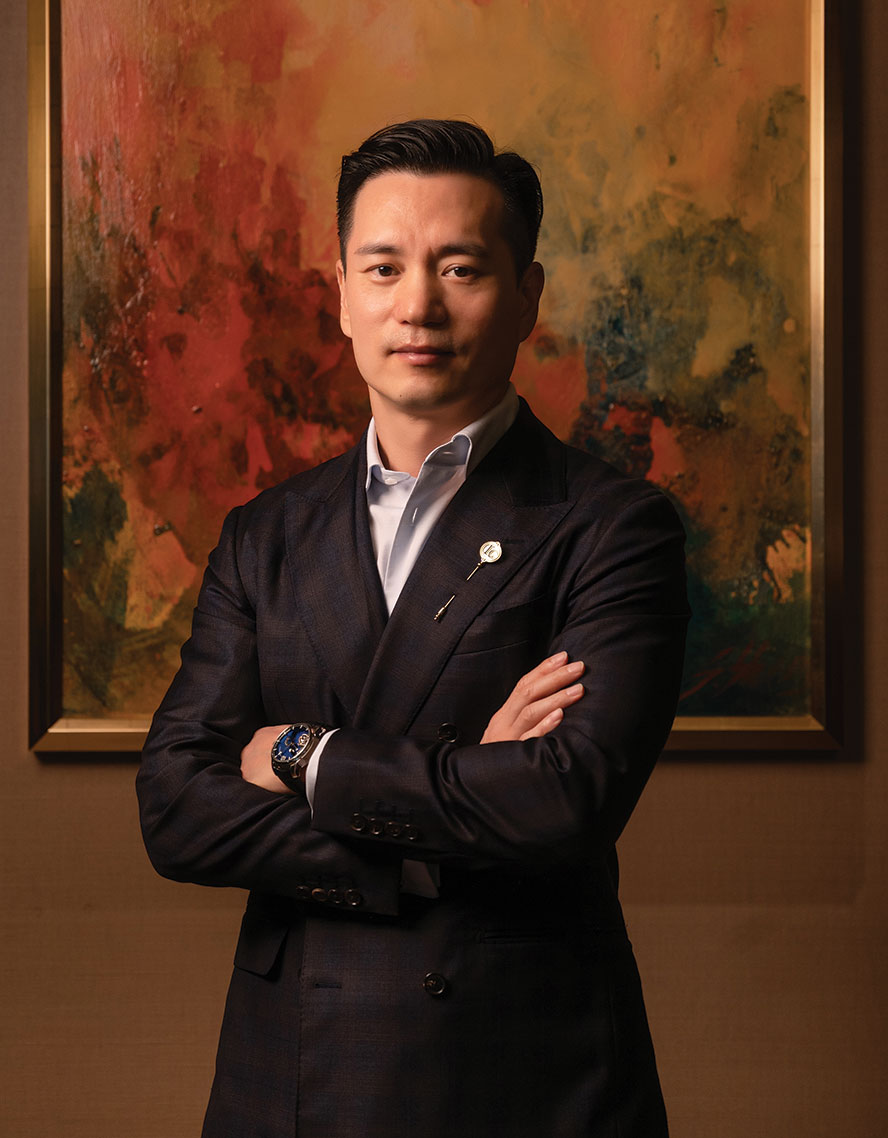
Of course, many would argue that reducing the reliance on junkets and bringing premium play in-house will be beneficial in the long run, however there are more pressing concerns for operators in the meantime – most of them linked to the new gaming law.
One source IAG spoke to suggested, “The government clearly has an agenda that is not being disclosed to the concessionaires yet, when you look at their combined actions, is very negative to the existing operators.”
The overarching concern is that proposed amendments to the gaming law, including the terms of the six-month extension to the current concessions, is all take and no give.
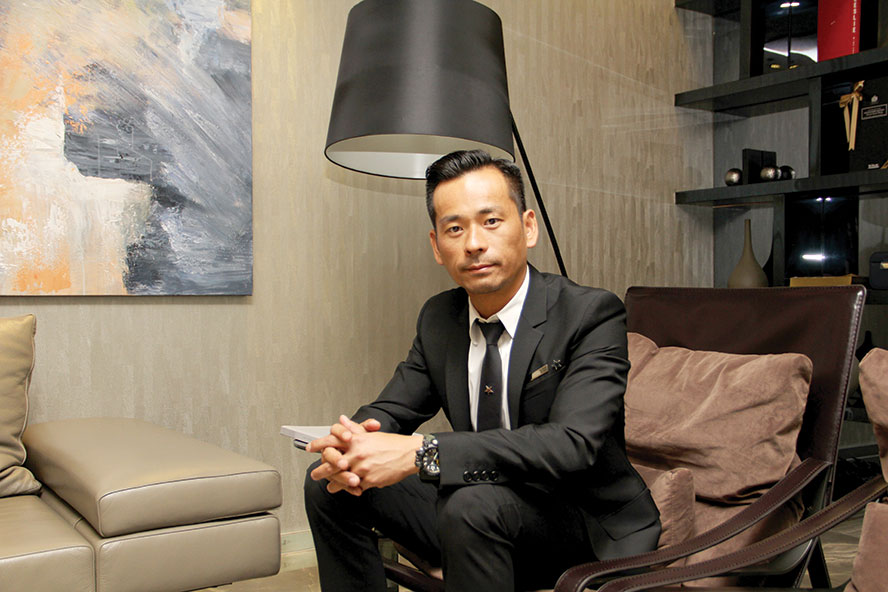
The issue of Macau’s 18 satellite casinos is a prime example. Under a key gaming law amendment currently being debated by Macau’s Legislative Assembly, all casino operations must be located inside a premises owned by one of the six licensed concessionaires. Affected parties will be given three years to devise a solution – seemingly to either close their operations or sell the real estate to a concessionaire – however it seems there is little motivation for concessionaires to be willing buyers. Most satellite properties are years behind — in both scale and quality — the multi-billion dollar integrated resorts of Cotai, plus under “reversion” laws the gaming real estate of those properties must be transferred back to the government at the end of the maximum 10-year concession period.
Putting aside the likely unintended consequence of affecting casino properties owned by subsidiary companies of the concessionaires within the same corporate group – and thus considering only those 18 properties traditionally thought of as satellites – the impending cessation of Macau’s satellite casinos will mean different things to different operators. For MGM, Sands and Wynn it is effectively business as usual given that none have any satellites operating under their license. Melco has one, Casino Grand Dragon, while Galaxy has three in Waldo, President and Rio. The other 14 all operate under the license of SJM, creating a significant headache for the company which generated 52% of its 2019 gross gaming revenue via those satellites.
There is further rhetoric that has some feeling uneasy.
“Gambling is basically the most unpopular issue for a politician,” one source said.
“To be on the right side of the Chinese government is to be on the wrong side of the casino industry and vice versa. There are therefore not too many supporters of the big IRs in Macau, despite the fact that they employ a significant amount of the population.”
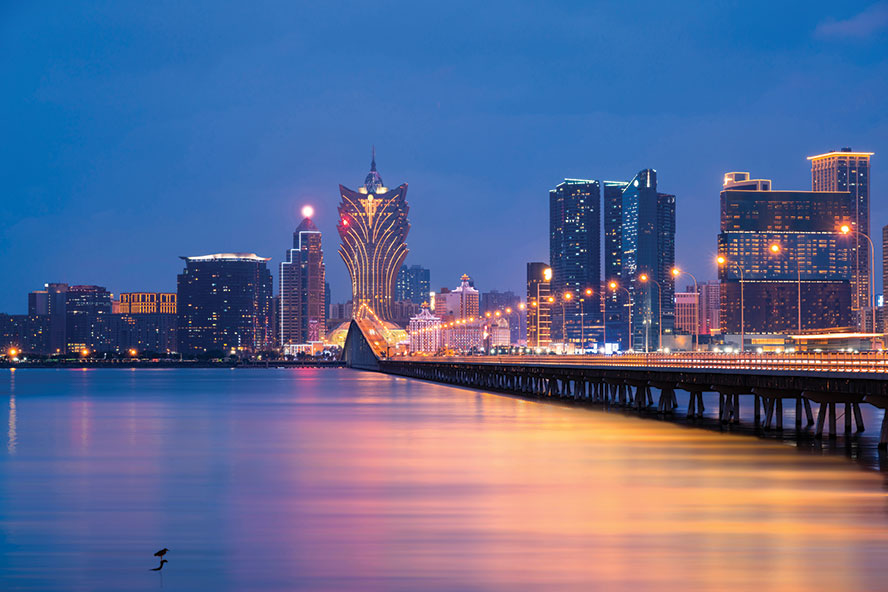 Sources IAG spoke to suggested this conflict makes life particularly difficult for operators at the negotiating table, when those sitting on the other side are compelled to take a somewhat aggressive view towards their businesses.
Sources IAG spoke to suggested this conflict makes life particularly difficult for operators at the negotiating table, when those sitting on the other side are compelled to take a somewhat aggressive view towards their businesses.
It also explains why Macau Chief Executive Ho Iat Seng barely mentioned gaming – by far the dominant contributor to the SAR’s coffers – in his policy address for either 2021 or 2022.
While they won’t say so publicly, IAG is aware that at least some of Macau’s concessionaires feel less like a partner to the city and more like a cash cow. One example is the requirement in the draft gaming bill for even more Corporate Social Responsibility (CSR) initiatives from the concessionaires. Specifically referenced is support for the development of small and medium-sized enterprises; support for the diversification of local industries; ensuring workers’ rights and interests including training and professional advancement of local workers; hiring of disabled individuals; support for activities of public interest; and support for activities of an educational, scientific and technological nature as well as support for environmental protection, culture and sports. And this is despite the concessionaires already paying up to 4% of GGR to the Macao Foundation and others to support CSR initiatives and infrastructure development in Macau.
Many would argue, and with good reason, that the CSR initiatives currently employed by Macau’s Big 6 are already the most robust in the industry globally.
“It’s really a perfect storm for the industry,” the same source said.
“The business overhang from the pandemic drags on while the government increases its oversight and supervision putting additional pressure on revenue.
“Even if the COVID-19 situation ebbs sometime soon and visitation returns to normal levels, revenue is unlikely to similarly follow while everyone is faced with increased competition for a declining population of gaming patrons.”
Which raises one final point of interest. According to unconfirmed local media reports, the cost to each concessionaire for extending their license by six months until 31 December 2022 will be somewhere in the vicinity of MOP$50 million to MOP$80 million (US$6.25 million to US$10 million) – a hefty price tag considering the pandemic will likely see these businesses remain either loss-making or barely profitable for the duration of the period in question.
And just for good measure, assuming the reports are accurate, each operator will be required to provide a bank guarantee of up to MOP$1.6 billion (US$200 million) to cover potential layoffs should they not be granted a new concession under the re-tender process. In other words, any concessionaires that lose their licenses will also have to pay the redundancies of the staff it can no longer employ due to the loss of that license!
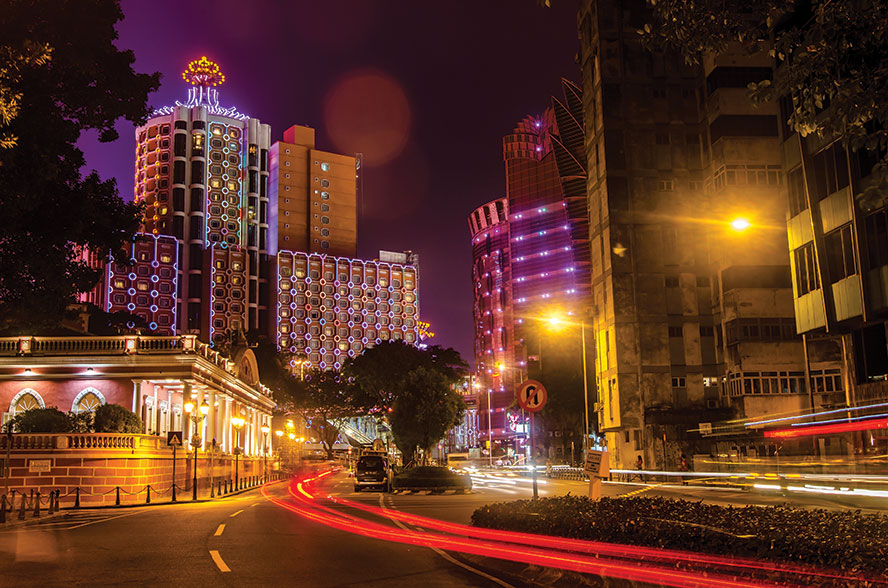 So, is Macau still investible? Share prices alone suggest yes, with Sands China – Umansky’s top pick – sitting around the HK$18 mark at time of writing. For comparison, that’s almost double the HK$10.38 price each share sold for during the company’s 2008 IPO but just a fraction of its 2014 peak of HK$64.90, or even its 2021 high of HK$38.85.
So, is Macau still investible? Share prices alone suggest yes, with Sands China – Umansky’s top pick – sitting around the HK$18 mark at time of writing. For comparison, that’s almost double the HK$10.38 price each share sold for during the company’s 2008 IPO but just a fraction of its 2014 peak of HK$64.90, or even its 2021 high of HK$38.85.
On the one hand, the original boom days of Macau appear to be consigned to the annals of history. But from another point of view, given the unique conflux of headwinds that has led us to this point, the only possible way from here is up.






